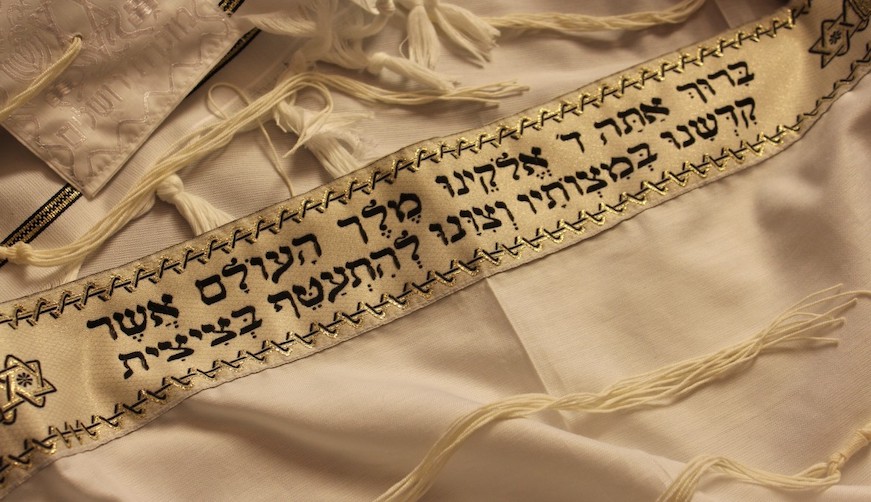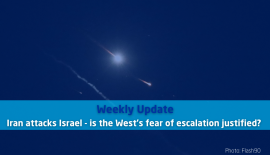Do you have to be a Christian Zionist to support Israel?
Christian Zionism has been the subject of several, mainly critical studies. Not just in the ‘mainline’ churches, but also from within the evangelical movement Christian Zionism has been under attack. It is therefore a relief to read the study by Paul Richard Wilkinson, For Zion’s Sake. Christian Zionism and the Role of John Nelson Darby. (Milton Keynes (UK) 2007. ISBN: 978-1-84227-569-6)
Wilkinson writes with congeniality about his subject and it is clear that his aim is to defend the views of Christian Zionism and to denounce what he has called Christian Palestinianism. With this, he has also provided us with a term to label those who on seemingly biblical grounds strive for a Palestinian state and have so turned into vehement opponents of the state of Israel, and of those Christians who support the Jewish state.
Like all good books, this study calls for debate and challenges us to re-think our own position. In a short series of blogs, I want to contribute to the discussion.
The book opens with a chapter on Christian Zionism. Although it contains much I appreciate, it also raises many questions. It starts with a brief overview of Jewish Zionism which shows how Zionism is rooted in Jewish identity and Jewish belief. It then goes on to define Christian Zionism and to describe its main points. Here I have some problems.
In the paragraph which defines Christian Zionism Wilkinson writes: “Christian Zionism is an umbrella term under which many Christians who support Israel have congregated.” What unites all these Christians is the acknowledgement of God’s prophetic purposes for Israel and of the importance of 1948. There is, however, disagreement concerning the teaching of the Rapture of the Church and the Great Tribulation. Nevertheless, Wilkinson gives these teachings a prominent place in his nine ‘key elements’ that constitute Christian Zionism. By doing so, he excludes those convinced and committed Christian supporters of Israel who don’t accept or don’t have a clear-cut view on the rapture and the great tribulation, although they would acknowledge all the other elements. It is no surprise, then, to find no reference at all to the theological statements concerning Israel issued in recent decennia by mainline churches such as the Netherlands Reformed Church.
This clearly outlined definition of Christian Zionism of course determines and limits the description of Christian Zionist thought. It is almost exactly the Christian Zionism that is attacked by the likes of Stephen Sizer and I am afraid that this outline will not serve as a means to convince those fierce opponents. It is not unexpected then, but still a little bit odd, to read at the end of the chapter: “The Encyclopaedia Judaica incorrectly defines Christian Zionism as ‘the active support of Christians’ for Zionism” (p. 46). This sounds like a circular reasoning. If there should have been more to the definition of the EJ, the author should himself have started with a more inclusive description of Christian Zionism.
I guess that this limited view on Christian Zionism is prompted by the second part of the subtitle: the role of John Nelson Darby. In that case, it would have been better, from a methodological point of view, to first discuss Darby’s theology, and then continue with an analysis of how his legacy has shaped certain views on Israel and modern history. So much more justice would have been done to those who don’t share the whole bunch of Darby’s eschatology, but still believe in the biblical foundation of the restoration of Israel and on that basis call themselves Christian Zionists. Or shouldn’t they seek to use that name? [To be continued].






